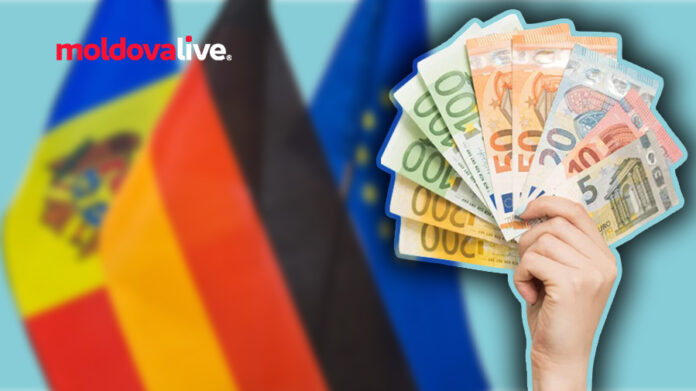Numerous settlements across Moldova have reaped the benefits of the “Modernization of Local Public Services in Moldova” (MSPL) project, a collaborative effort spanning from 2009 to 2024 between the German Agency for International Cooperation (GIZ) and the Ministry of Infrastructure and Regional Development (MIDR).
Over 15 years, the MSPL project has played a pivotal role in advancing regional development policies, upgrading local public services, and enhancing the capacities of governmental authorities and service providers. With an overall budget of €98.1 million, funding was provided by the German government, the European Union, and the governments of Sweden, Switzerland, and Romania.
At the national level, the project extended its support to MIDR and the development regions of North, Central, and South Moldova, as well as Gagauzia, facilitating the formulation and execution of regional development initiatives. Collaborating with Regional Development Agencies, the project successfully executed more than 25 infrastructure projects, encompassing areas such as water and sewerage supply, energy efficiency in public buildings, and waste management.
Presently, the impact of the project is tangible across various sectors. Over 5,200 students and educators from eight schools now enjoy improved educational facilities, while more than 24,000 individuals annually receive enhanced medical services at two hospitals. Notably, there has been a notable reduction of approximately 60% in energy consumption and CO2 emissions. Moreover, approximately 100,000 individuals across 13 settlements now have access to upgraded water services, with an additional 11,000 benefiting from improved sewerage services. The project has led to the construction of over 225 km of water supply networks and the modernization of 48 km of sewerage networks. Furthermore, modernized solid waste management services have reached 26,000 residents in three districts.
FOR THE MOST IMPORTANT NEWS, FOLLOW US ON TWITTER!
The MSPL project represents a significant collaborative endeavor between the German Agency for International Cooperation and MIDR, supported by funding from the German Federal Ministry for Economic Cooperation and Development, the European Union, and the governments of Sweden, Switzerland, and Romania.


